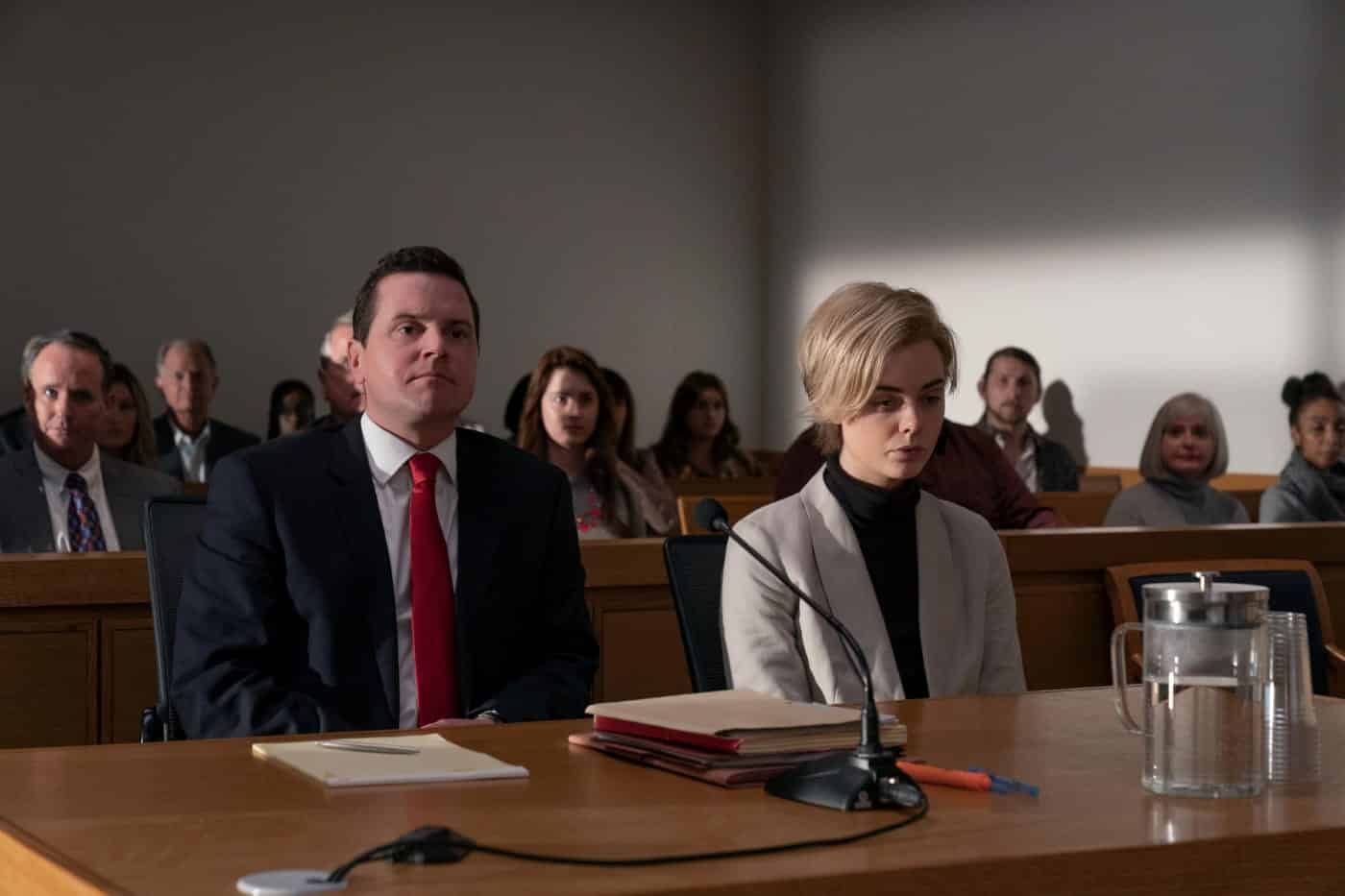What is Conrad’s Law? Is the Law Already in Effect? Let’s find out. ‘Conrad’s Law,’ a bill introduced in response to Michelle Carter’s texting suicide case, has yet to be passed; the case is being examined through the lens of Hulu’s ‘The Girl From Plainville.’
The Law was first introduced in 2019, but owing to the COVID-19 epidemic, it was put on hold.
The measure, titled “Conrad’s Law,” would impose a maximum term of five years in jail on anybody who “intentionally coerces or urges” another person to commit suicide or attempt suicide by manipulating a person’s “fears, emotions, or sympathies” through physical or mental coercion.
The terrible story of Conrad Roy III’s death and his girlfriend Michelle Carter’s following trial is told in ‘The Girl from Plainville.’ Conrad’s death is shown in the Hulu drama, which also includes a history of his relationship with Michelle. The trial and different witness accounts are covered in the later episodes. The melancholy finale is followed by postscripts of what actually transpired because the play is based on true events. Perhaps the suggestion of Conrad’s Law aroused your attention.
Here’s everything you need to know.
Must See: ‘The Girl from Plainville’ Episode 8 {Finale} Recap and Ending Explained
What is Conrad’s Law, and how does it apply to you?
Conrad Roy III vanished from his house on July 12, 2014, and was later discovered in a K Mart parking lot by officials. After ingesting carbon monoxide, the 18-year-old died of asphyxiation. Long conversations with Michelle about suicide were revealed in his texts. Further investigation revealed that Conrad’s fiancée had allegedly goaded him into taking his own life and failed to stop him even as he was doing so. Michelle was charged with involuntary manslaughter in the end.
Conrad’s parents, Lynn and Conrad Jr., have been working with Massachusetts politicians on a bill dubbed Conrad’s Law, which aims to make suicide coercion a crime punishable by up to five years in jail. Lynn and Conrad Jr. hope that by passing the bill, other families will not have to go through what they did.
“With this tragedy, my son would want me to help other people, other families,” Lynn said of Conrad’s Law and her campaign to raise awareness about it. It will be a success for me and for him if we get the Law enacted — when we do. “All I want is for my son to be pleased with me.” Conrad’s father also spoke out in favour of Conrad’s Law, saying that he didn’t want other parents to go through what he did when his son died.
According to Conrad Jr., the Law will stop anyone from forcing someone to commit suicide. Conrad’s Law appears to be intended as a deterrence rather than a punishment, and Lynn believes that it will encourage people to talk about mental health.
The bill has been criticised for its potential impact on free expression, but it seeks to address this by defining compelled suicide narrowly. As a result, the criminal must have been aware of the victim’s “suicidal ideation” before committing the crime. It also excludes medically assisted suicide from its scope.
Is Conrad’s Law currently in force?
Conrad’s Law was reintroduced, and the legislative process was revived in June 2021 by Massachusetts State Senator Barry Finegold. During the COVID-19 epidemic, it had lost steam and had not been passed. The bill’s proponents, including Conrad’s parents, Lynn and Conrad Jr., are optimistic that it will pass the second time around.
“The fact that 42 other states have something like this on the books and we’re only one of eight states that (doesn’t) says volumes about why we do need something like this,” Barry Finegold said on drafting a measure that criminalises coerced suicide in Massachusetts. Conrad’s Law, on the other hand, has yet to be enacted.















